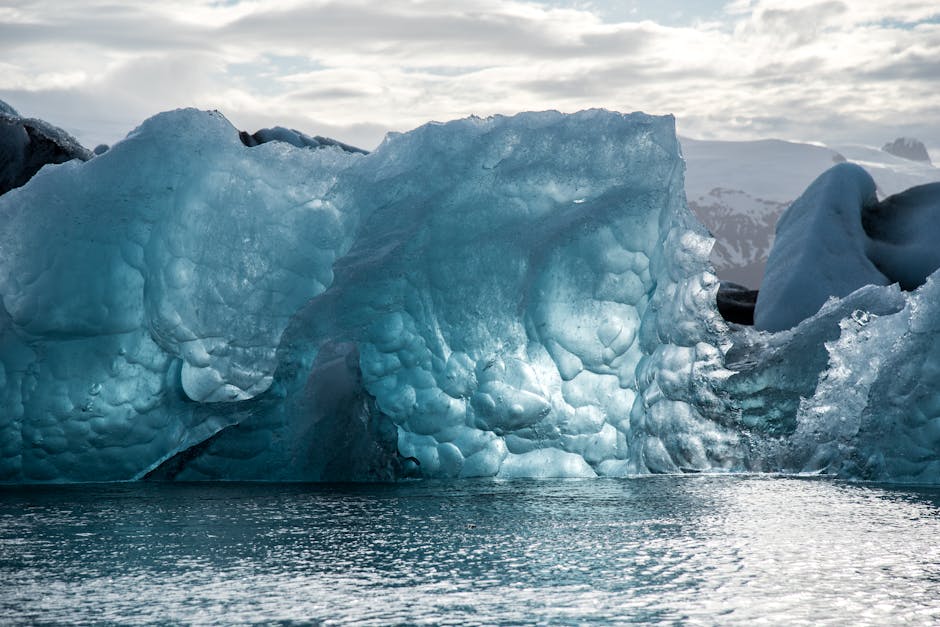Global warming, a phenomenon characterized by the gradual increase in Earth's average temperature, poses a significant threat to our planet and its inhabitants. The burning of fossil fuels, deforestation, and other human activities have released vast amounts of greenhouse gases into the atmosphere, trapping heat and leading to a cascade of adverse effects.
The impacts of global warming are already being felt worldwide. Rising sea levels threaten coastal communities, while extreme weather events such as hurricanes, floods, and droughts become more frequent and severe. The loss of biodiversity, disruption of ecosystems, and increased health risks are just a few of the detrimental consequences we face.
One of the most pressing concerns is the melting of polar ice caps and glaciers. As these vast frozen reserves shrink, sea levels rise, inundating low-lying areas and displacing millions of people. Coastal cities, such as New York and Mumbai, are particularly vulnerable to this threat.
Moreover, global warming exacerbates extreme weather events. Hurricanes, for example, have become more intense and frequent, bringing with them devastating winds, storm surges, and flooding. The increased frequency of heat waves, droughts, and wildfires also poses a significant threat to human health, infrastructure, and natural ecosystems.
The consequences of global warming are not limited to environmental degradation. Climate change also has profound economic and social impacts. Disrupted agricultural yields, reduced water availability, and increased health costs are just a few examples of the financial burdens imposed by this crisis.
Addressing global warming requires a global response. Governments, industries, and individuals must work together to reduce greenhouse gas emissions and mitigate the effects of climate change. Transitioning to renewable energy sources, promoting energy efficiency, and investing in carbon capture technologies are essential steps in this effort.
Additionally, conservation efforts and the protection of natural ecosystems are crucial. Forests, wetlands, and oceans play a vital role in absorbing carbon dioxide and regulating the climate. Preserving these ecosystems is essential for mitigating global warming and ensuring the long-term health of our planet.
The time for action is now. Climate change is a defining challenge of our time, and it is imperative that we take decisive action to address this global threat. By working together and implementing sustainable solutions, we can protect our planet for future generations.

